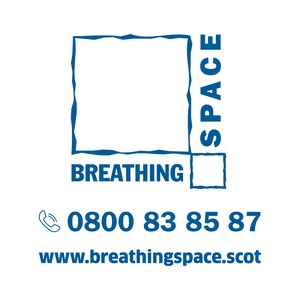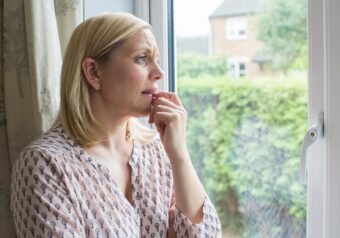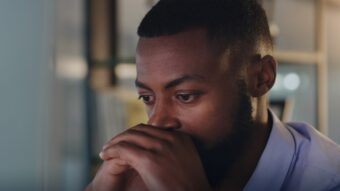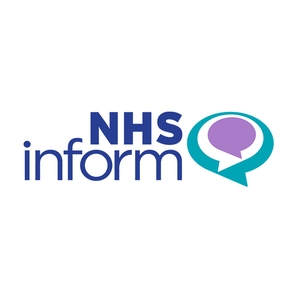
This article was first written during the Covid pandemic, but the content, which talks about Mental Health First Aid, remains relevant and useful.
When I was considering what the Covid-19 crisis meant for us in terms of our mental health, I thought it would be useful to look at Mental Health First Aid. I’ve gone through some of the core messages of Mental Health First Aid and looked at them in terms of the current situation we are facing. I hope some of it makes sense to you, that some of the questions asked challenge you, and ultimately that it helps you to feel that you are not alone.
Caring for our immediate needs
Most of us get through our days without paying a lot of attention to how we feel – until something catches us off-guard, or we seem to be having a bad day and we can’t explain why. It’s not surprising to notice some changes in your mood as we face different stages of the lockdown.
So, what do you do when you’re having a bad day?
Do you take it out on someone else, or do you avoid people and communication altogether? It can be useful to recognise how you are responding in difficult moments so that you can learn what are helpful and unhelpful ways for you to deal with the hard days. There are various things people do when they feel bad – for example, talking to someone, writing, doodling, meditation, exercise. Think of something or someone as your ‘go to’ when you need time to escape.

Protect yourself from further distress
When we feel overwhelmed it’s so important that we deal with it in a helpful way as early as possible. If we don’t, we only risk sinking deeper into our moods and it can be harder to recover.
How can you avoid what has made you feel bad?
Finding ways to look after ourselves when we are feeling overwhelmed and making swift and productive changes in the moment can sometimes be enough to change our mindset. For example, many people are distressed by watching the news just now – if it’s upsetting you then probably the best thing you can do is switch it off there and then, and perhaps get up and do something different. It sounds simple – but why should we complicate things for ourselves?

Comfort and console
When you are distressed, how do you look after yourself? Everybody self-soothes in their own way, and often it’s a subconscious response. Maybe you snack? Or maybe drink? Sleep? Perhaps go for a walk? Maybe we turn to a faith, if we have one, or some inspirational speakers or books. Maybe we clean? Sometimes we reach out for connection, and sometimes we hide away.
Clearly, some of these coping strategies are helpful and some aren’t. So it’s useful for us to identify What is it I do when I’m feeling bad?
Ideally, we want something to build us up after moments of distress, rather than doing things that keep us stuck in the moment. It’s worthwhile spending time compiling a list – either on paper or in your head – of what you can turn to when you need a break from your thoughts.
Support for practical tasks
When we are distressed it can be so hard to prioritise – work, family, health, home. Something that undoubtedly helps is routine and forward planning. We can find some security in a routine, and forward planning can give us some motivation. Establishing a routine requires effort and energy, there is no doubt about that! But a new routine can start at any moment – even when we tell ourselves it’s too late!
- When we are feeling overwhelmed, it’s an indication that we need to simplify the moment. Are you are feeling under pressure to do or get on top of certain things?
- Is it reasonable to put off something that needs done – or would it make you feel better to try and complete the task?
- Is there someone who can help you complete the task, or can you get it done another time?
Connect with others
We’re having to be more creative about how we stay in touch with others at the moment.
Now more than ever we are learning about who we need in our lives just now – we also might be learning about how good a friend we are to those we care about. We might be stepping out our comfort zones to reach out and use the phone more, or Facetime, or maybe even by writing letters/cards? When our ability to socialise is limited, it’s important that we fill that deficit in a way that fulfils our need for connection with others. Or perhaps some of us have become too dependent upon our phone, and we struggle to be by ourselves comfortably. For most of us this takes practice!
- What kind of contact do you have with other people – and is this sufficient?
- Are there certain people you are better to avoid?
What is ‘normal’?
When will things go back to normal? Every day this is something we hear people say (or we think it ourselves). Some of us have found lockdown very hard to get used to, and some of us have been directly affected by Covid. We’re all experiencing something for the first time, so it’s normal to feel a vast range of emotions as we respond to what is going on around us. Sometimes there’s a sense of ‘mass hysteria’ that we can all easily get drawn into, whipped up by the media, which is very hard to avoid. However, it is up to each of us on a personal level to respond in a proportionate way and do what we can to avoid becoming overwhelmed by what is going on around us.
Where to go to for help
If you find that you are repeatedly becoming overwhelmed, then you might need some assistance to try and help you straighten things out again.
- It’s vital that each of us has a trusted person we can turn to – and not only friends and family, as it can sometimes be helpful to speak to someone out-with your normal circle who might be able to provide a different take on things. LCTF is here to provide support to you. There are many friendly people who you could be linked up with, and I’m a trained counsellor and currently offering sessions over the phone whilst we are in lockdown. See information here about getting counselling, talking to someone or our support groups.
- Your GP and/or out of hours (call NHS Inform on 111) will assist if you feel particularly concerned about you or someone else’s wellbeing.
You might also find these useful:
Wellbeing Service
Our Wellbeing Service has information about work, money, relationships and more - to help you cope with whatever you're going through.
Support groups
Our support groups are a helpful way of sharing experiences and talking to other people in a similar situation.
Donate
Everything we do - including all of our support services - is made possible by donations. Please give if you can.
